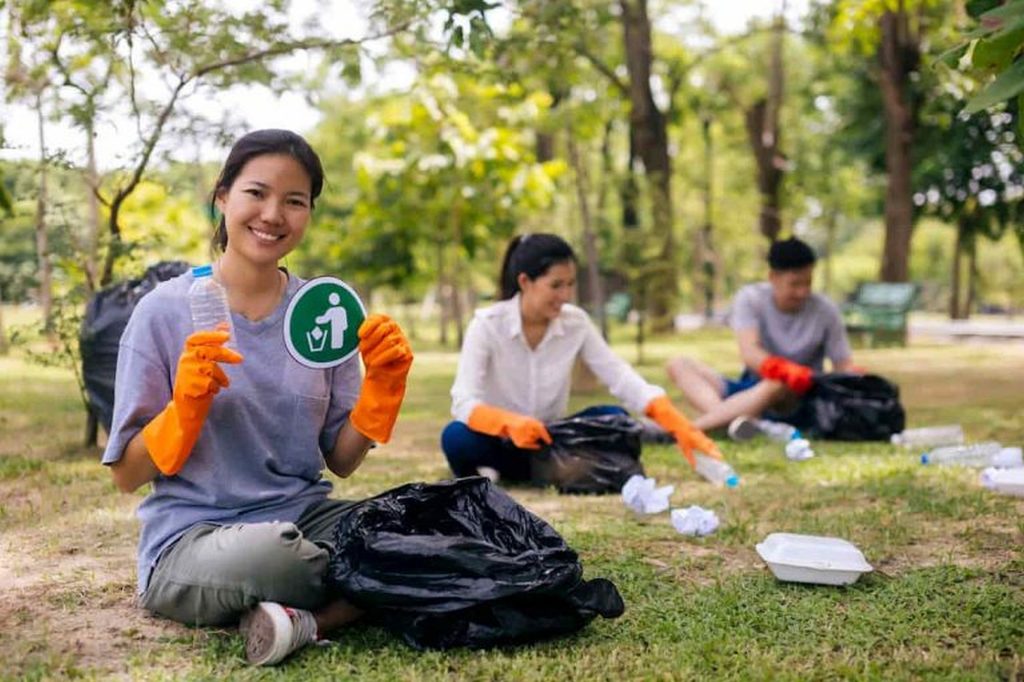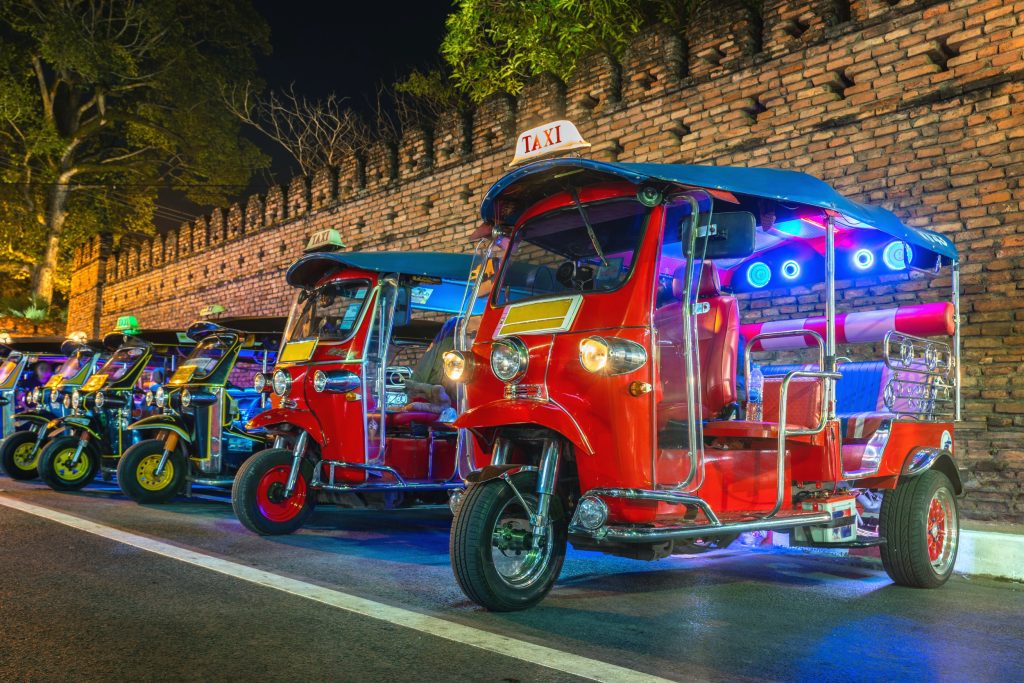Economy

Managing waste sustainably
Managing waste effectively is crucial for Chiang Mai’s sustainability due to finite non-renewable resources and a growing population. The Pollution Control Department (PCD) of Thailand highlights severe waste management issues, with Thailand being the 6th worst marine plastic polluter globally. Chiang Mai lacks an effective city-wide waste management and recycling program. Currently, most waste is sent to landfills, where it is either buried or burned, worsening air pollution. Notably, 62% of this waste is organic and compostable, and 22% is plastic.
To address this, Chiang Mai must develop a comprehensive waste management and recycling system, including waste separation at the source. Such an initiative would not only manage waste more efficiently but also create jobs, new industries, and markets for compost materials. This aligns with Thailand’s Bio-Circular-Green economic model, but it requires ethical and visionary leadership.
Currently, Chiang Mai’s municipality does not offer formal waste separation and recycling services. The municipality spends over 200 million baht annually, or 12% of its budget, on waste collection, primarily sending waste to a landfill 100 km away. Although some locals collect plastic bottles, this is an informal and incomplete solution. The landfill is eventually sealed, and gases are collected for local use. By implementing a formal recycling system, Chiang Mai could separate and recycle waste, creating jobs and reducing environmental impact, as seen in other cities worldwide.

Turning to clean and renewable energy
Thailand’s Integrated Energy Blueprint (TIEB) prioritizes energy security, economic affordability, and environmental sustainability. This is due to growing energy demand, depleting domestic energy reserves, and heavy reliance on imported fuels. Currently, natural gas, crude oil, and coal make up 90% of Thailand’s energy production, with renewable energy at just 10%. Dependence on foreign energy, such as electricity from Laos, poses risks to both sustainability and national security.
To address these challenges, Thailand’s Alternative Energy Development Plan (AEDP) (2015-2036) promotes renewable energy in both business and residential sectors to enhance energy security and reduce dependence on imports. Renewable sources like solar and biomass can play a significant role in meeting energy needs sustainably.
Chiang Mai has abundant sunlight year-round, ideal for solar energy. Agricultural biomass could serve as a renewable energy source, reducing the need for wood fuel. Chiang Mai University’s biogas project, which converts food waste into biogas, could be expanded to serve more residents.
Despite these opportunities, solar panel installations in Chiang Mai are sparse, and there is no widespread food waste to biogas system. Incentives from the local Provincial Electrical Authority (PEA) could encourage the installation of solar panels, providing residents and businesses with passive income from surplus electricity. Scaling up biogas solutions and promoting biochar production from agricultural waste could further reduce reliance on imported fuels, strengthen local energy resilience, and align with Thailand’s Bio-Circular-Green economic model.

Making transportation clean and low-cost
Chiang Mai faces significant urban traffic pollution due to the push for more and bigger roads, which has led to urban sprawl and negatively impacted local communities. The health effects of traffic pollution are exacerbated by annual forest and field burning. Additionally, Thailand’s high rate of road accidents and fatalities could be mitigated with a reliable public transportation system.
Despite numerous studies, Chiang Mai lacks a systematic approach to public transportation. The private sector attempts to fill the gap with Tuk-Tuks, Songteaws, and taxis, which contribute to air pollution. The transport sector, along with manufacturing, consumes 75% of Thailand’s electricity, indicating a significant area for improvement.
As Chiang Mai’s population grows, so does the need for affordable, sustainable public transportation. Rising consumer debt, stagnant wages, and reduced tourism income exacerbate the struggle for car owners to pay off loans. A combination of light rail, public buses, and cycle lanes, similar to systems in Hong Kong, could address these issues. However, progress is stalled by a lack of leadership and initiative in developing such transportation solutions.

Greening business practices
Over the past two decades, businesses worldwide have increasingly adopted sustainable practices. This shift includes ecologically green building designs (e.g., LEED Certification), sourcing renewable raw materials, sustainable processing, biodegradable packaging, and promoting product recycling. Sustainable practices not only save costs but also enhance profitability. Leaders globally recognize that traditional, polluting industrial methods are unsustainable, damaging the environment and human health. For businesses to thrive and remain compliant with future regulations, sustainability in all operations is crucial.
Chiang Mai can align with Thailand’s vision of a Bio-Circular-Green economic model, enhancing its local economy within this strategic framework. The city boasts strategic strengths such as a favorable climate and the ability to produce diverse, high-value crops. Existing initiatives like the Green Leaf Certificate, Organic Thailand Certificate, and the development of the Wellness sector contribute to Chiang Mai’s sustainability goals.
By integrating the late king’s Sufficiency Economy Philosophy (SEP) with Thailand’s Bio-Circular-Green economic vision, Chiang Mai can advance towards becoming a sustainable city. Achieving this requires progress across various sustainability aspects, ultimately positioning Chiang Mai as a leading example of a healthy, sustainable city in Southeast Asia.
